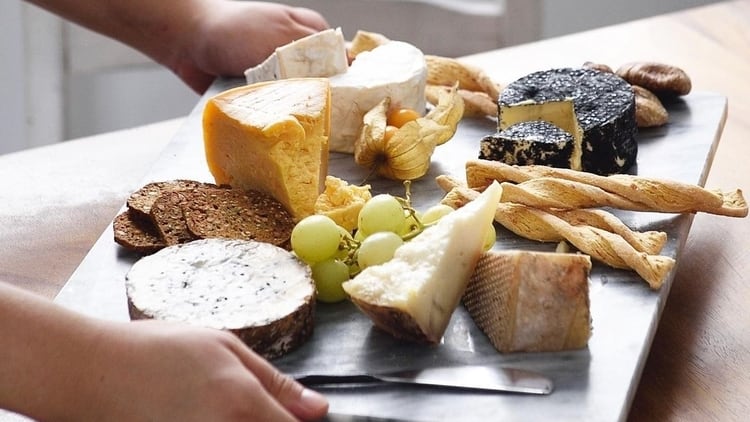The Korea Dairy Beef Cattle Association, one of the largest dairy industry associations in the country, was previously MAFRA’s main source of opposition in the ministry’s plans to reform the local dairy industry in order to boost self-sufficiency, an effort ongoing since 2021.
MAFRA wants to amend the current supplier-friendly system that has caused local milk prices to be elevated for some time, and one of its intended strategies is to lower the prices of milk sold by processed dairy brands – a strategy strongly opposed by the association.
Earlier this year, after a final effort to clarify how the sector revamp is intended to benefit the industry, MAFRA formally announced that it would no longer be engaging the association in any further talks about the system reform, citing ‘a lack of trust’ on both sides.
The association responded with ire and furor to no avail – and now it seems that MAFRA’s strong-arm strategy has finally yielded some results in the form of a sit-down session to agree how to proceed.
“The heads of the dairy trade unions, industry groups and dairy processing associations have now all agreed on the need to introduce a differential pricing system which will affect the prices for unprocessed and processed milk,” MAFRA Minister Jeong Hwang-geun said via a formal statement.
“This is expected to be an improvement over the current system which determines prices based solely on production costs with no regard for market conditions, and hopefully with the new system taking supply and demand conditions into account things will improve.
“The decision-making structure of the national Dairy Promotion Association has also been rationally reorganised – [one key change] is that decisions will now be made with a majority vote [as opposed to the previous] need to have agreement from two-thirds of directors present, so that various dairy issues can be widely discussed; and we are also looking to include the participation of more neutral persons such as consumers and academia on the board of directors.”
With this agreement, dairy companies have also been urged to start negotiating new prices as soon as possible.
Is the dairy beef over?
Despite its earlier outburst at the government for cutting it out of negotiations and calling the new system ‘irresponsible’ and ‘shortsighted’, the Korea Dairy Beef Cattle Association has not made any disparaging statements after this latest meeting.
“The ultimate goal of both sides is the same, in terms of reducing the burden [of farmers] and improving South Korea’s milk self-sufficiency,” it said in a separate statement.
That said, given the association’s strong opposition to the reforms, including plants to protest at dairy firms which back them, it does appear somewhat strange that it is continuing with negotiations despite no concessions being made – in public at least.
It also seems that MAFRA is determined to push the changes through. It has reduced the number of votes needed to push decisions through, as well as pulled in more representatives from outside of the sector.
While a cease-fire seems to have been announced for now – it remains to be seen how long this apparently fragile peace can hold.





